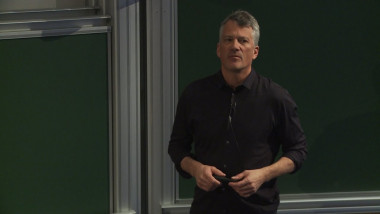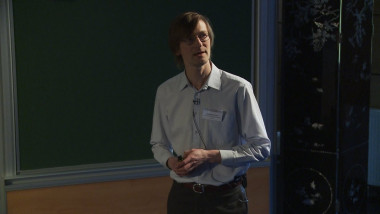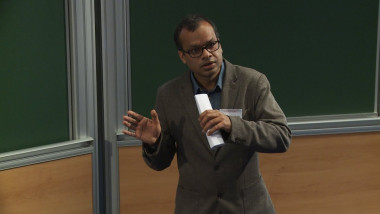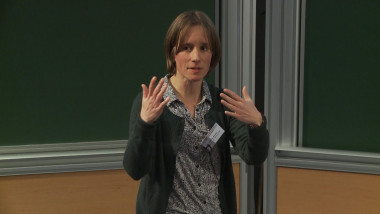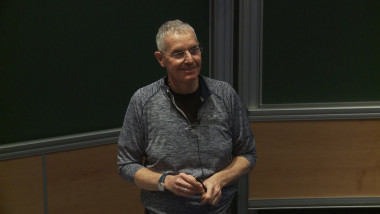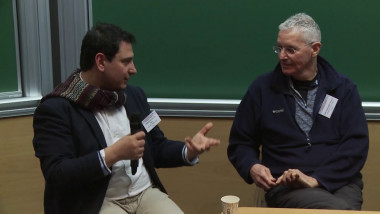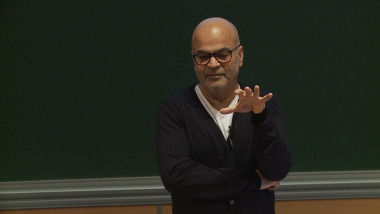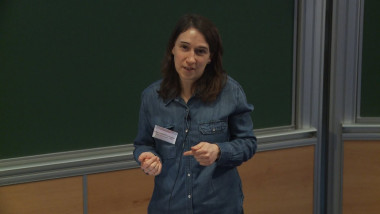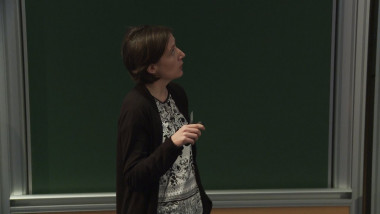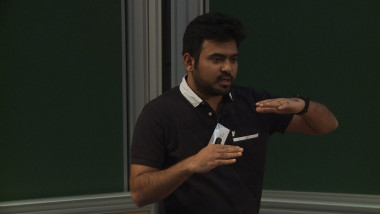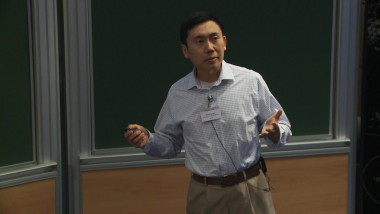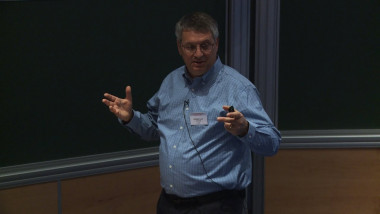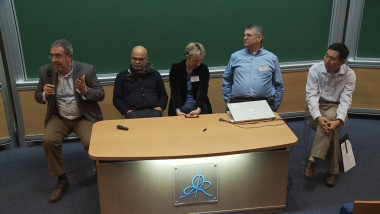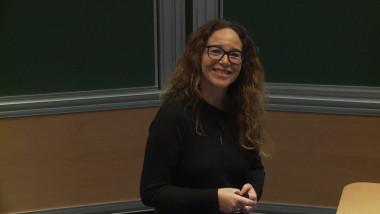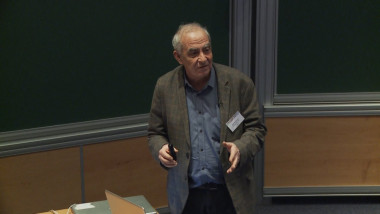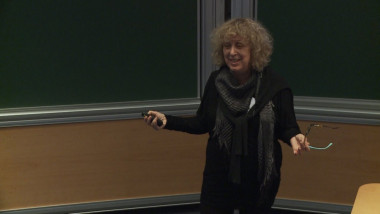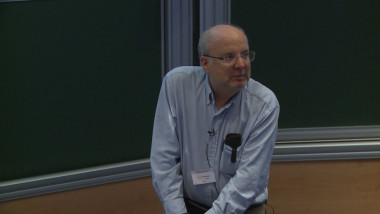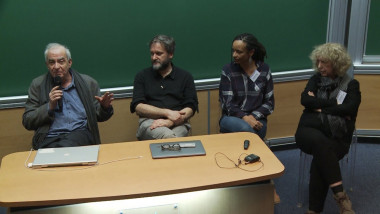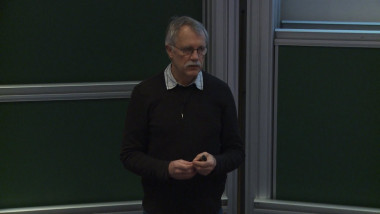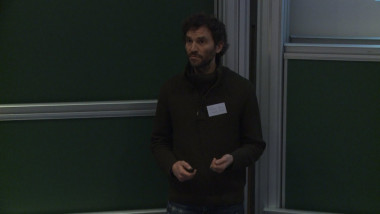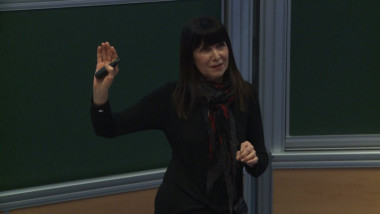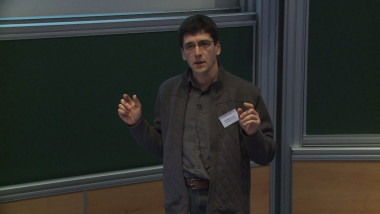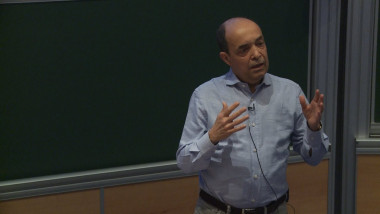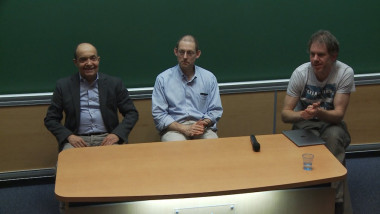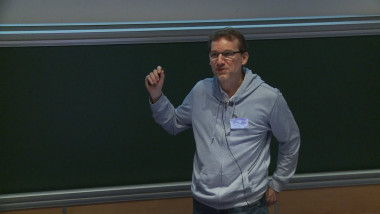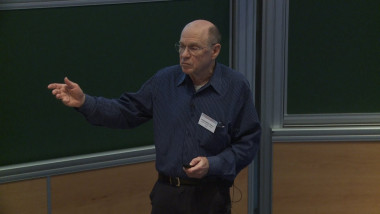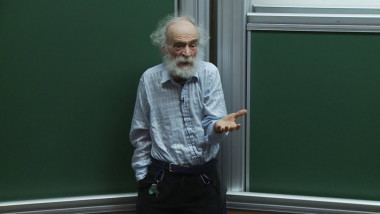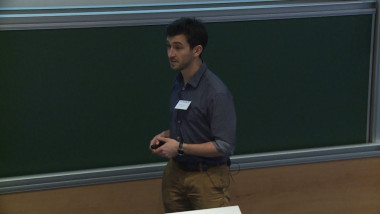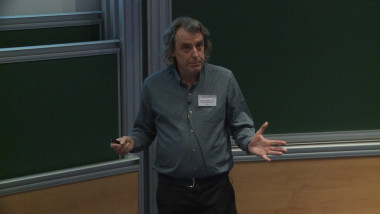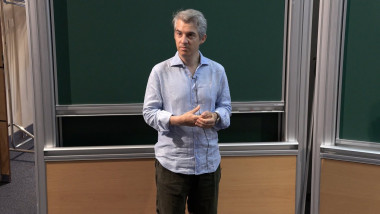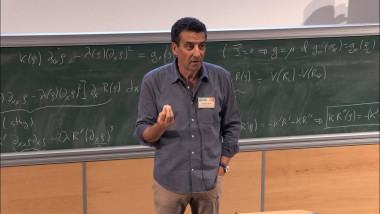Regulation and coordination of intra-cellular trafficking pathways
By Nava Segev
Our research is aimed at understanding how a basic cellular process, trafficking inside cells, is regulated. In the multiple intracellular trafficking pathways, proteins and membranes are transported between intracellular compartments. Individual pathway steps are regulated by molecular switches termed Ypt/Rab GTPases, whose switching depends on upstream activators. Our goal is to elucidate how Ypt/Rab GTPases and their cognate activators regulate individual transport steps and coordinate them in the same pathway and in different pathways. Landmark discoveries about the mechanisms and machinery that underlie intracellular trafficking were made in yeast and shown to pertain to humans. Therefore, we are using yeast as a model system to address these complicated issues, because it allows easy utilization of sophisticated genetic approaches in combination with molecular and cellular methods. Furthermore, the relatively small number of players (e.g., 11 Ypts in yeast versus ~70 Rabs in humans) and the resultant simplified interaction networks make yeast an excellent model for studying the coordination of transportsteps. Our recent findings show that during cell growth, Ypt1 and Ypt31 GTPases together with their activators coordinate transport through the Golgi, the sorting compartment of the secretory pathway. In contrast, under stress, Ypt1 with different activators regulate shuttling of cargo destined for recycling through the autophagy pathway. This study is highly relevant to human health because multiple essential processes, such as secretion of hormones, presentation of receptors on the outer cell membrane, internalization of ligands and receptors, and response to stress, depend on efficient and well-coordinated intracellular trafficking. Therefore, impairment of trafficking affects every system in the human body, including the development and functioning of the brain, heart, and immune system. Human homologs of the yeast trafficking regulators we study were implicated in multiple human illnesses, including cancer and neurodegenerative diseases.












